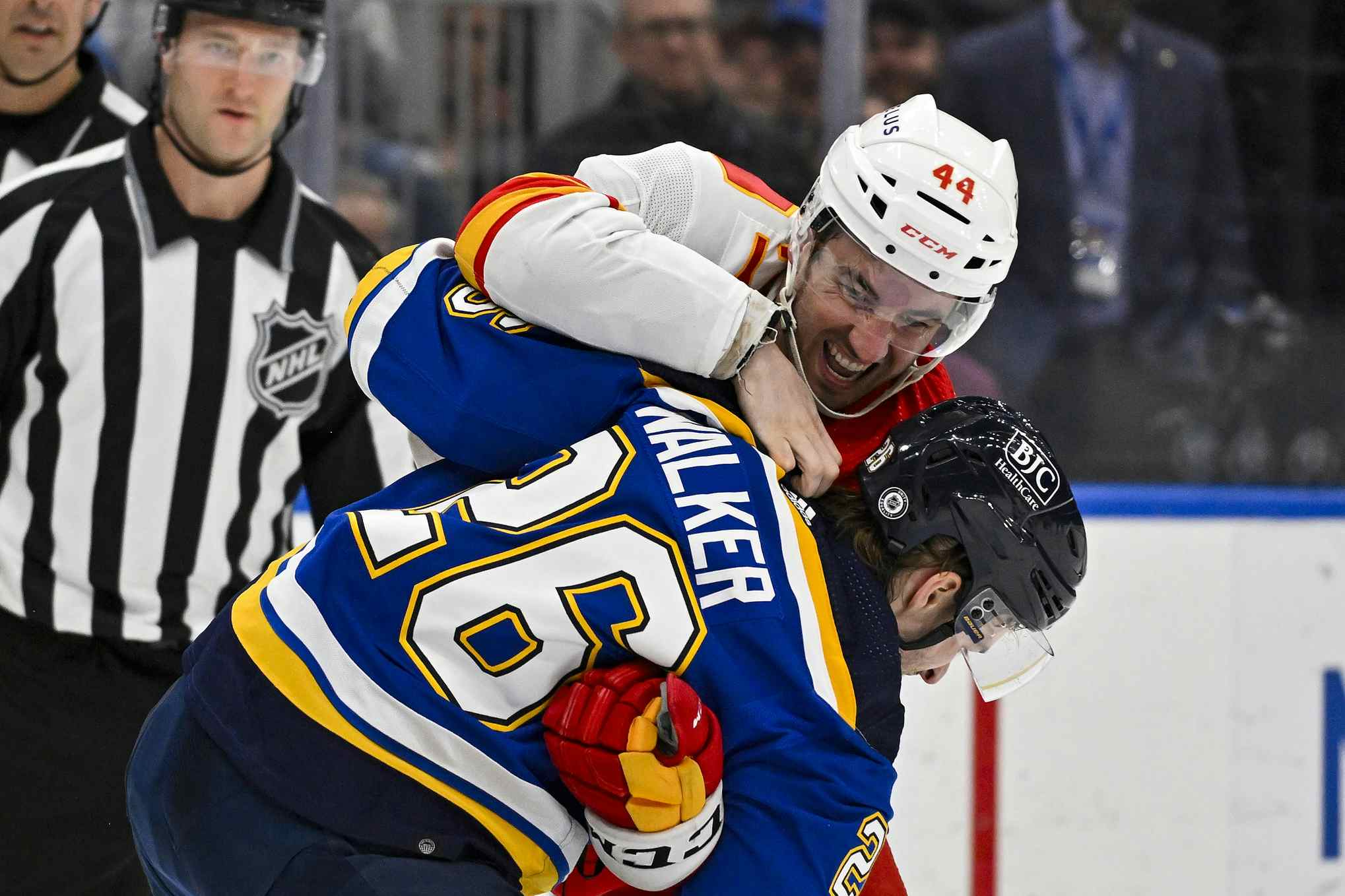The Anti-Cammalleri

For years, the identity of the true culprit in the Boston Bruins’ too-many-men infraction against the Montreal Canadiens in the 1979 playoffs was somewhat of a mystery. Coach Don Cherry immediately took the blame for the screw-up, which probably cost the B’s a chance to advance to the Stanley Cup final.
It was much, much later that it was revealed Don Marcotte and Stan Jonathan were the players jointly responsible for the penalty that led to the Guy Lafleur tying goal (and then the Yvon Lambert overtime winner) and shattered the hearts of hockey fans throughout New England and those of Habs-haters from coast to coast.
Well there’s no such doubt about the 2010 version of the Bruins’ Can’t-Count-to-Five moment. Although he didn’t name names, Claude Julien identified the guilty party by his actions: "A player came to the bench with his stick up (signifying that he’s requesting a change). He changed his mind — he decided to stay on the ice. If you are going to come off, you’ve got to come off."
The mind-changing player in question is none other than ex-Flame Marc Savard, and that soound you hear is former Calgary skipper Greg Gilbert laughing uproariously. Of course, putting all this on Savard’s back is no more fair or accurate than blaming the Boston Red Sox’s 1986 World Series collapse entirely on Bill Bucker’s through-the-five-hole fielding attempt, but the sports-loving public tends to love its explanations in small, neat packages. And besides, too-many-men already occupies a prominent place in Bruins history, so what’s one more tale of woe to go along with the illegal extra skater?
It was a difficult playoff all around for Savard, who missed the entire first round because of the consequences of being dry-gulched by Pittsburgh’s Matt Cooke on March 7. His return to action was promising enough as he swatted home the overtime winner in Game 1 of the Philadelphia series but then he was held to just two assists the rest of the way. His showing for the final four games of the series was no goals, one assist, a minus-1 figure, four minor penalties (he was in the box when Daniel Briere scored what proved to be the Game 6 winner) and of course his involvement in the decisive too-many-men kerfuffle.
Savard was quite productive during the 2009 playoffs as he racked up 13 points in 11 games, although it’s interesting to note that a year ago he scored six goals on 17 shots while this spring he scored once on 22 shots.
Looking ahead, Calgary’s former enfant terrible turns 33 this summer and in 2010-11 starts working on a heavily frontloaded, it’s-legal-if-you-squint-hard-enough seven-year contract that will pay him $7M and averages a smidge over $4m per season over its life.
It will be interesting to see how Savard produces as he enters that same age range that was discussed in yesterday’s Jarome Iginla entry. Savard missed half the 2009-10 season because of injury and with 33 points in 41 games, he saw his streak of better-than-a-point-a-game production snapped at five years.
After being a minus-19 in 2006-07, his first year as a Bruin, he’s been a plus-30 over the past three seasons, although his career plus-minus is still a glacial minus-47. Kent Wilson is infinitely better at analyzing this sort of data, but a quick look at the underlying numbers shows Savard has fared fairly well during his Boston career.
Oh, and by the way, Ruslan Zainullin this past season had six goals and three assists in 25 games for MVD Balaishikha, a Kontinental Hockey League club that ceased existing upon conclusion of the 2009-10 season as a result of a merger with Dynamo Moscow. Go ahead and make up your own jokes about how MVD’s 2010 fate compares to Boston’s.
Recent articles from Jean Lefebvre





